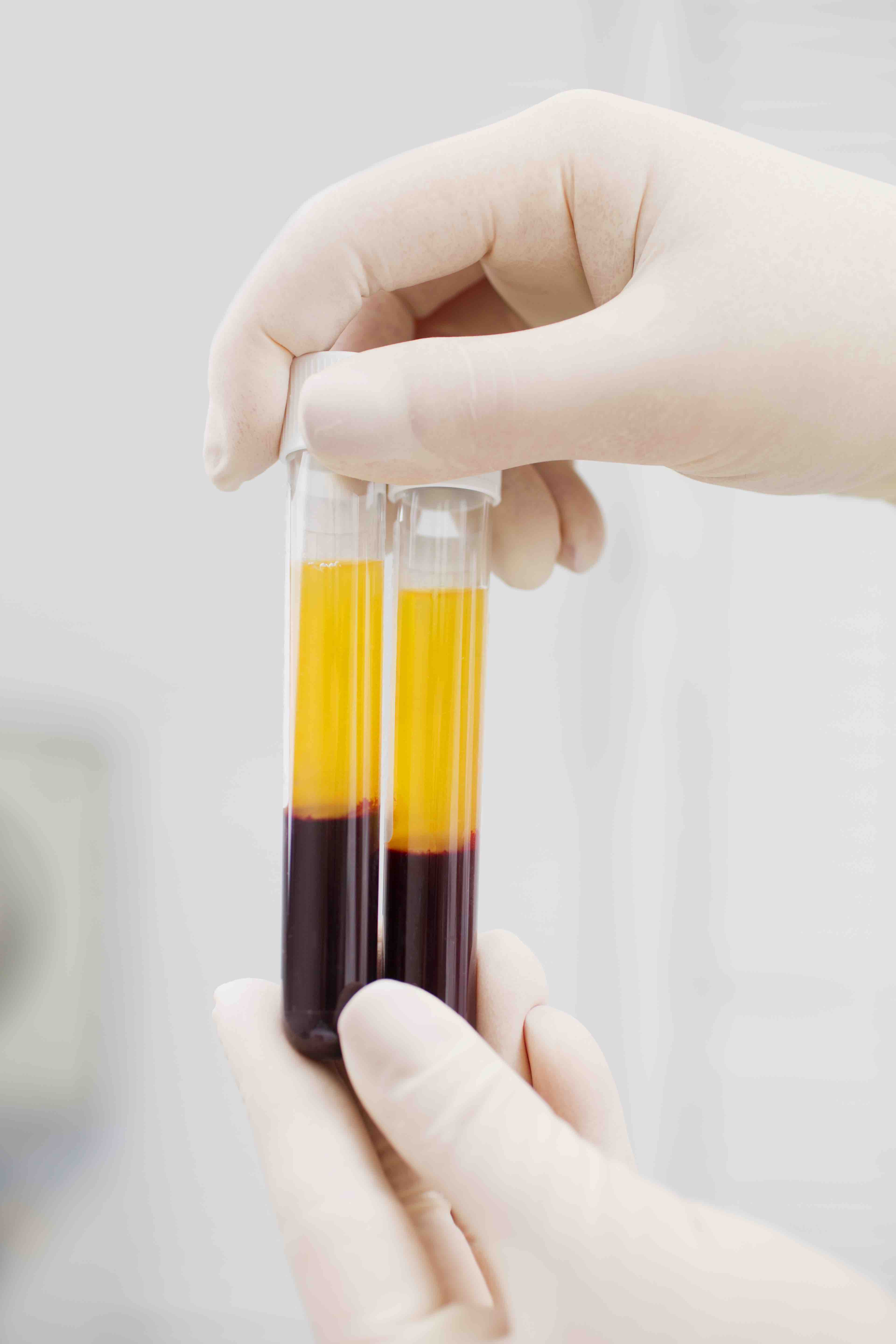Platelet-Rich Fibrin (PRF) may lead to better outcomes with fat grafting, according to experimental study

 Platelet-Rich Fibrin (PRF) might enhance the outcomes of fat grafting for plastic surgery procedures, an experimental study in the June issue of Plastic and Reconstructive Surgery has reported.
Platelet-Rich Fibrin (PRF) might enhance the outcomes of fat grafting for plastic surgery procedures, an experimental study in the June issue of Plastic and Reconstructive Surgery has reported.
The research by Shaoheng Xiong, MD, and colleagues of Fourth Military Medical University in Xi’an, Shaanxi, China, provides preliminary evidence that PRF might lead to more favourable characteristics of transplanted fat cells, compared to the “first-generation” platelet concentrate Platelet-Rich Plasma (PRP).
A key advantage of PRF may be the prolonged release time of growth factors and immune-active cytokines, in contrast to the rapid release by PRP. Platelet-Rich
Fibrin is also easier to produce, which may avoid some of the variations in PRP preparations and effectiveness reported in previous studies.
The authors plan further studies to “explore the detailed molecular mechanisms of PRP/PRF in fat grafting” and emphasise that high-quality randomised clinical trials will be needed to define and compare the benefits of these platelet concentrates for patients undergoing plastic and reconstructive surgery procedures.

